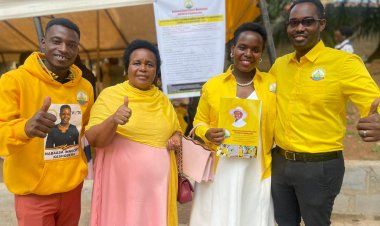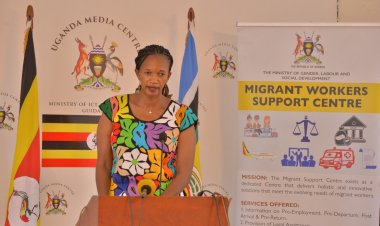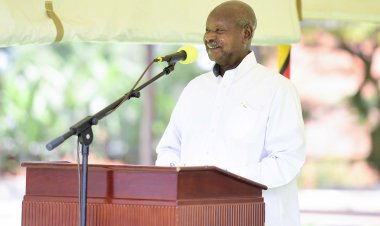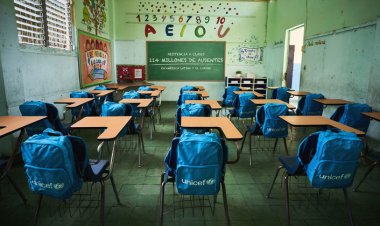NARO Changes Leadership of its Research Institutes
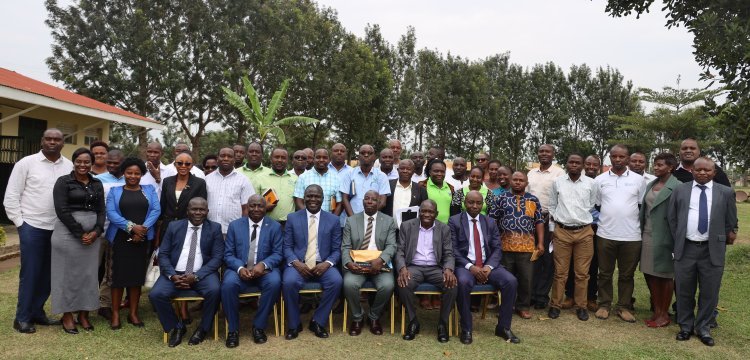
Dr. Stanley Tamusange Nkalubo, a celebrated Ugandan plant breeder, has assumed the role of acting Director of Research at the Rwebitaba Zonal Agricultural Research and Development Institute (Rwebitaba ZARDI) in Fort Portal City.
He succeeds Dr. Titus Alicai, who has been appointed as the new Director of Research at the National Crop Resources Research Institute (NaCRRI) in Namulonge, Wakiso district.
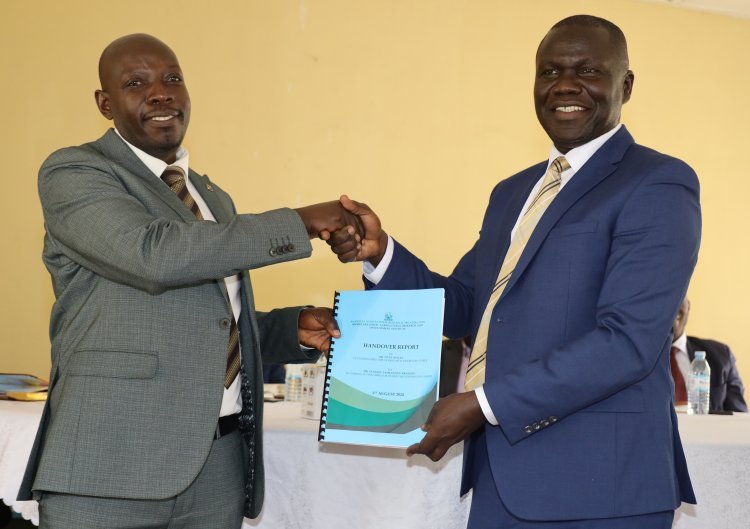
These leadership changes are part of a series of recent appointments made by the Governing Council of the National Agricultural Research Organisation (NARO) across seven of its research institutes. Other institutes affected by the changes include: The National Forestry Resources Research Institute (NaFORRI) in Mukono district, where Dr. John Adriko takes over as the new Director of Research; The National Semi-arid Resources Research Institute (NaSARRI) in Serere district, where Dr. Okello Kalule David is the new Director of Research; The Ngetta Zonal Agricultural Research and Development Institute (Ngetta ZARDI) in Lira district with Dr. Kumakech Alfred as the new Director of Research; Nabuin Zonal Agricultural Research and Development Institute (Nabuin ZARDI) in Moroto district with Dr. Odongo Walter as the new Director of Research; and, Abi Zonal Agricultural Research and Development Institute (Abi ZARDI) in Arua district, where Dr. Biruma Moses takes over as acting Director of Research.
Speaking at the handover ceremony in Fort Portal on Thursday, the NARO Deputy Director General-Agricultural Technology Promotion, Dr. Kassim Sadik, commended Dr. Nkalubo for his significant contributions to agricultural research, including the development and release of over 25 bean varieties to Ugandan farmers.
He expressed confidence in Dr. Nkalubo's ability to elevate the work of Rwebitaba ZARDI in its various mandates, which includes a national one on tea research and development. Dr. Kassim noted that while the three institutes of Rwebitaba, Abi, and Kachwekano run zonal programmes, they also have national mandates, for Rwebitaba being on tea.
He challenged the institute to expand its activities to address the current challenges facing the tea sector especially through advancing quality. He cited the Memorandums of Understanding recently signed with Tooro and Rwenzururu kingdoms as opportune avenues for disseminating improved technologies to drive impactful agriculture among communities.
With Rwebitaba ZARDI's jurisdiction covering areas with refugee settlements, Dr. Kassim implored the new leadership to enhance programs targeting these communities for inclusive development. In his address, Dr. Nkalubo committed to maintaining transparency, accountability, and excellence during his tenure.
“I believe that with the collective efforts of our dedicated team of researchers and support staff, we can achieve significant advancements in our research initiatives and contribute meaningfully to the agricultural sector in Uganda,” he said.
Dr. Alicai reflected on the progress made in tea research at Rwebitaba, noting the development of over 20,000 germplasms, each with the potential to become a distinct tea variety. He emphasized the focus on niche varieties such as green, orthodox, and purple tea and called for additional resources to overcome challenges in the tea sector.










